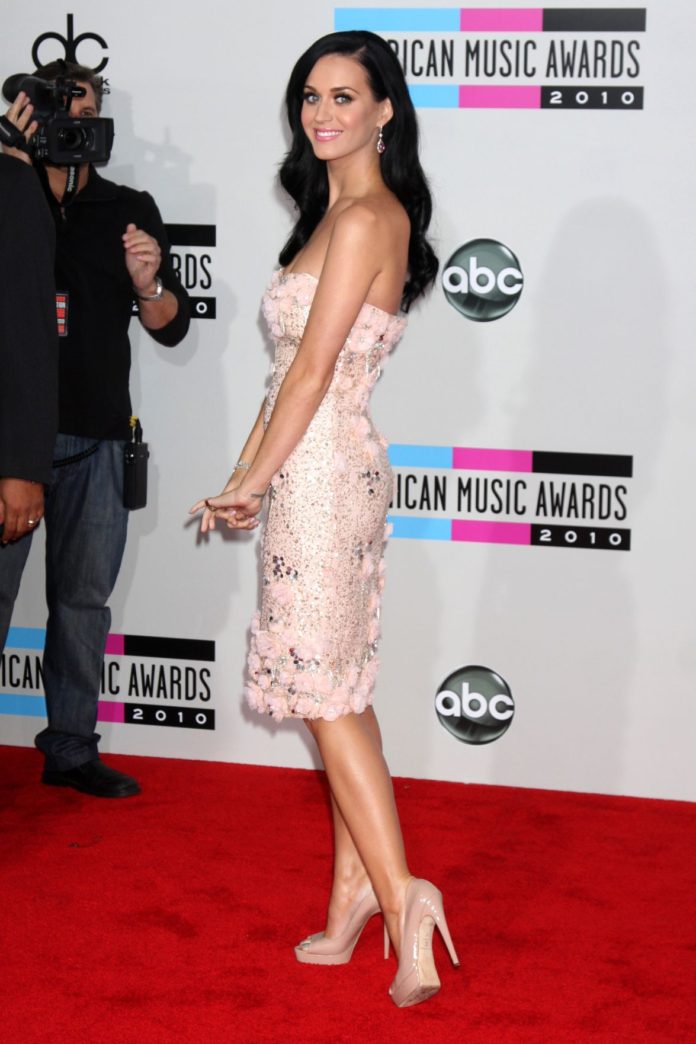As word spread Wednesday that “Ghostbusters” star Leslie Jones had been the victim of another vicious online attack — her personal website was hacked, reportedly displaying images of private documents and nude photos — fans and celebrities flooded social media with messages of support.
“Ghostbusters” director Paul Feig, Questlove, Patton Oswalt, Octavia Spencer, Kathy Griffin and Alyssa Milano were among the many stars who rallied behind Jones under the hashtags #LoveForLeslieJ and #StandWithLeslie.
They joined hundreds who decried the online abuse as racism and misogyny at its worst. But pop star Katy Perry took it a step further in a tweet to her 92 million followers, using a particular term to describe the attack on Jones: “misogynoir.”
“Do not give your eyeballs to this racist, hate-filled, misogynoir crime. I #StandWithLeslie”
This immediately caught the attention of Twitter users who understood the word’s significance.
So why were they so surprised? Besides the fact that Perry has drawn plenty of criticism in the past for her racial insensitivity, the term “misogynoir” isn’t one that gets a lot of attention in the white mainstream world.
The word was coined by black queer feminist scholar Moya Bailey, a professor at Northeastern University, to “describe the particular brand of hatred directed at Black women in American visual and popular culture,” as she wrote in an essay in 2014. The term applies specifically to black women alone, and not other women of color, she noted in a Tumblr post: “What happens to Black women in public space isn’t about them being any woman of color. It is particular and has to do with the ways that anti-Blackness and misogyny combine to malign Black women in our world.”
After Bailey introduced the term on the blog Crunk Feminist Collective, it began to circulate in social justice and feminist circles.
But it never circulated so widely or rapidly as it did after Perry tweeted it. By Thursday morning, Perry’s message had been re-tweeted nearly 10,000 times, and Google searches for “misogynoir” had spiked sharply.
Not everyone was entirely charmed: Some feminists on Twitter noted the irony that “misogynoir” only made headlines after a famous white woman used the term. And others pointed out that Perry’s “woke” moment didn’t erase her history of cultural appropriation; she’s frequently come under fire for her use of black culture and racist stereotypes in her music videos, and many were similarly outraged by her performance at the American Music Awards in 2013, when she appeared on stage dressed as a Japanese geisha.
But in this instance, Perry’s use of a word created within the black community was fitting — and it’s a safe bet that most of her online followers hadn’t heard it before she tweeted it. Which means that a lot more people might now have a better understanding of the unique kind of racism and misogyny faced by prominent black women like Jones.






